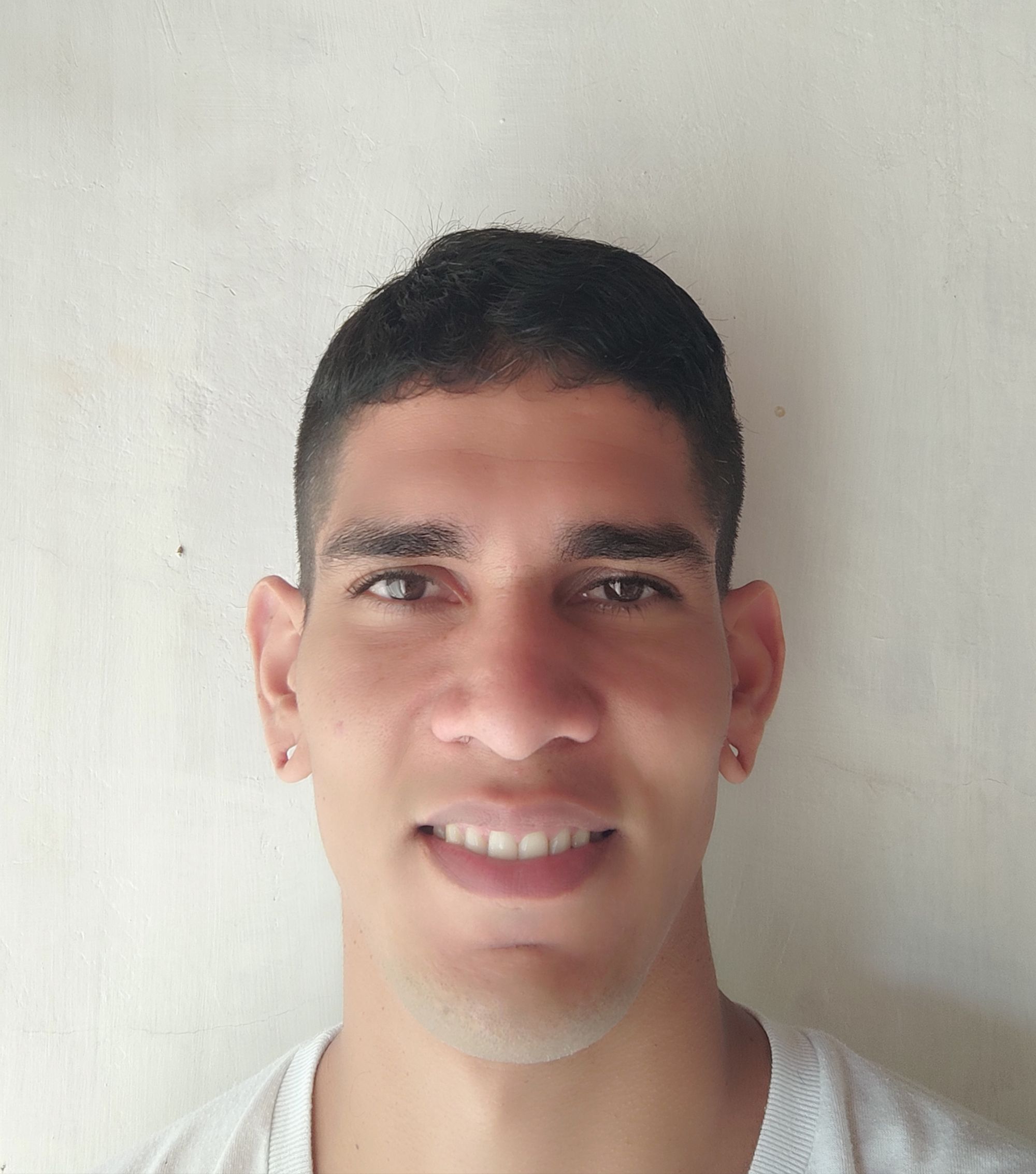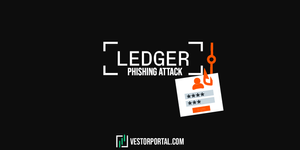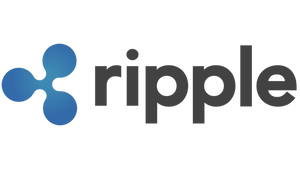Meet Paul Massey - Always Quality & Integrity
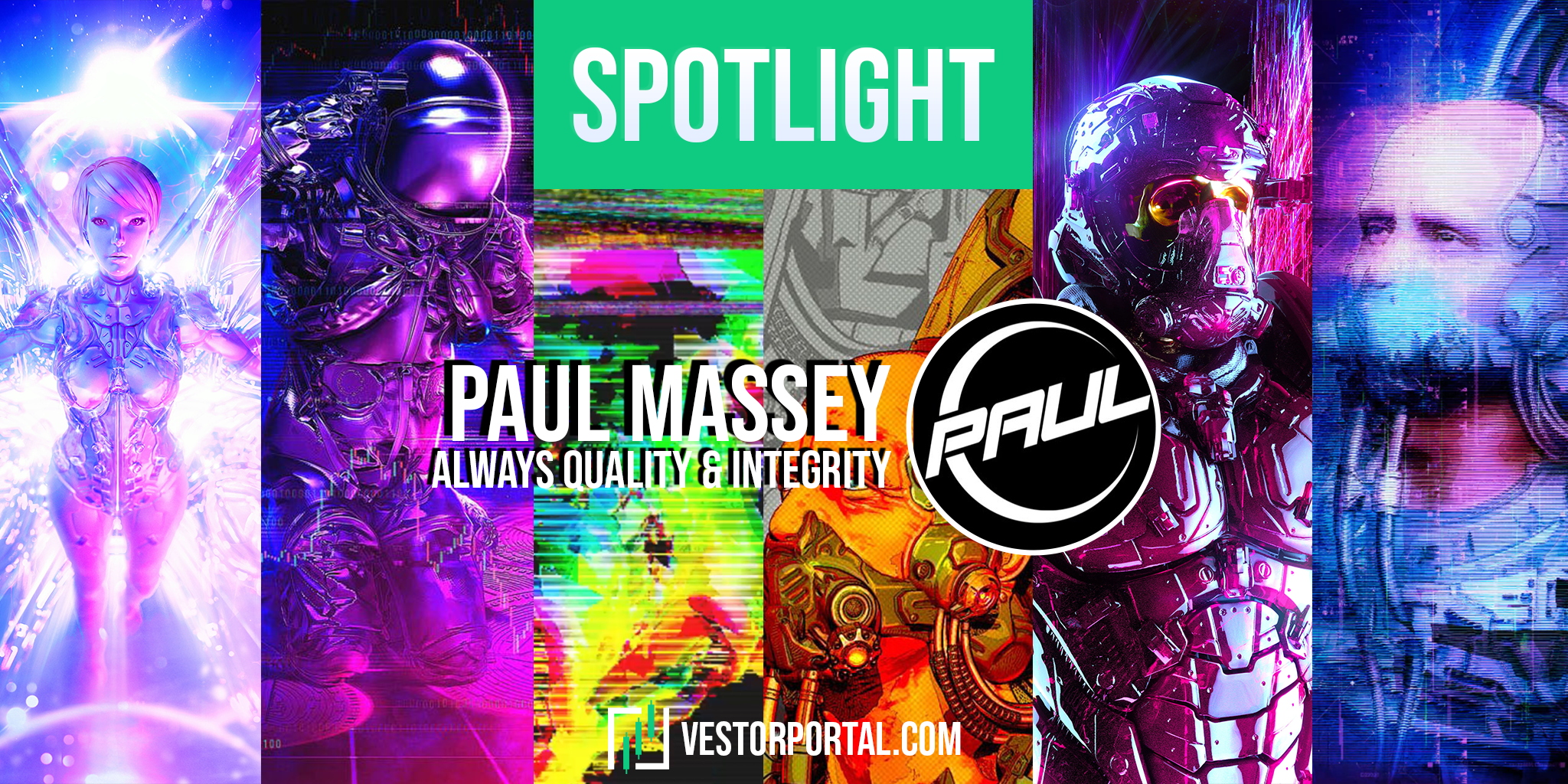
In this Vestorportal's Spotlight edition we had the pleasure to talk to Paul Massey. He is a multi-award winning 3D-Artist and Designer with 30 years of professional experience in the graphic industry. Nowadays he works as a freelance 3D/VFX artist.
Spotlight
You started as an artist when you were just 17 years old. Did you decide to go full time as an artist at those early ages intentionally or did it just develop this way?
I always knew that I'd end up working in some artistic industry, but due to the lack of internet at the time I wasn’t very aware of what being in the industry meant. Not until I fell in to working for an advertising agency, which all happened quite quickly and easily. It came from doing a work experience placement while I was at college, they said they’d employ me once Id finished my course and that lead me in to a whole new world I didn’t have any understanding of then.
Coming from an art school, do you consider it helped you to develop important skills at that time?
Looking back I’m not sure what I expected from being in college for a couple of years. I wanted to improve my drawing and painting, and to perhaps get my hands on a computer, but the course I was on covered everything from pottery, print through to textiles, so I wasn’t all that interested. The course tutors saw me as a pain in the ass too. I was questioning everything and complaining. I wanted to do something far more technical and graphic. I remember them trying to get me do things that went against what my mind and hands wanted to do. It was quite a struggle and almost a complete waste of time.
Being surrounded with artists and teachers seems to be the perfect place to create, what is your take on it?
The other people on the course were quite useless, which only increased my disdain for the college, I wanted to be surrounded by the best, to help me improve and learn. I think from 25 to 30 people on a small few had any talent at all. I think I basically had an unlucky time. I know many people who had a vastly different experience to mine.
You started with graphic design with analog programs, do you consider yourself “old school”?
Yes, I began with a huge draughtsman’s style drawing board which had a set square and a parallel ruler, some scalpels, pens and glue. We had no computer equipment at all. So that taught me some very technical skills, how to be precise and plan a job correctly. That hasn’t ever left me. I guess I have “old school” skills, but since those early days I’ve tried to stay ahead of being merely competent or relevant. I’ve seen what can happen to people who get complacent and were left behind. Especially during the digital revolution.
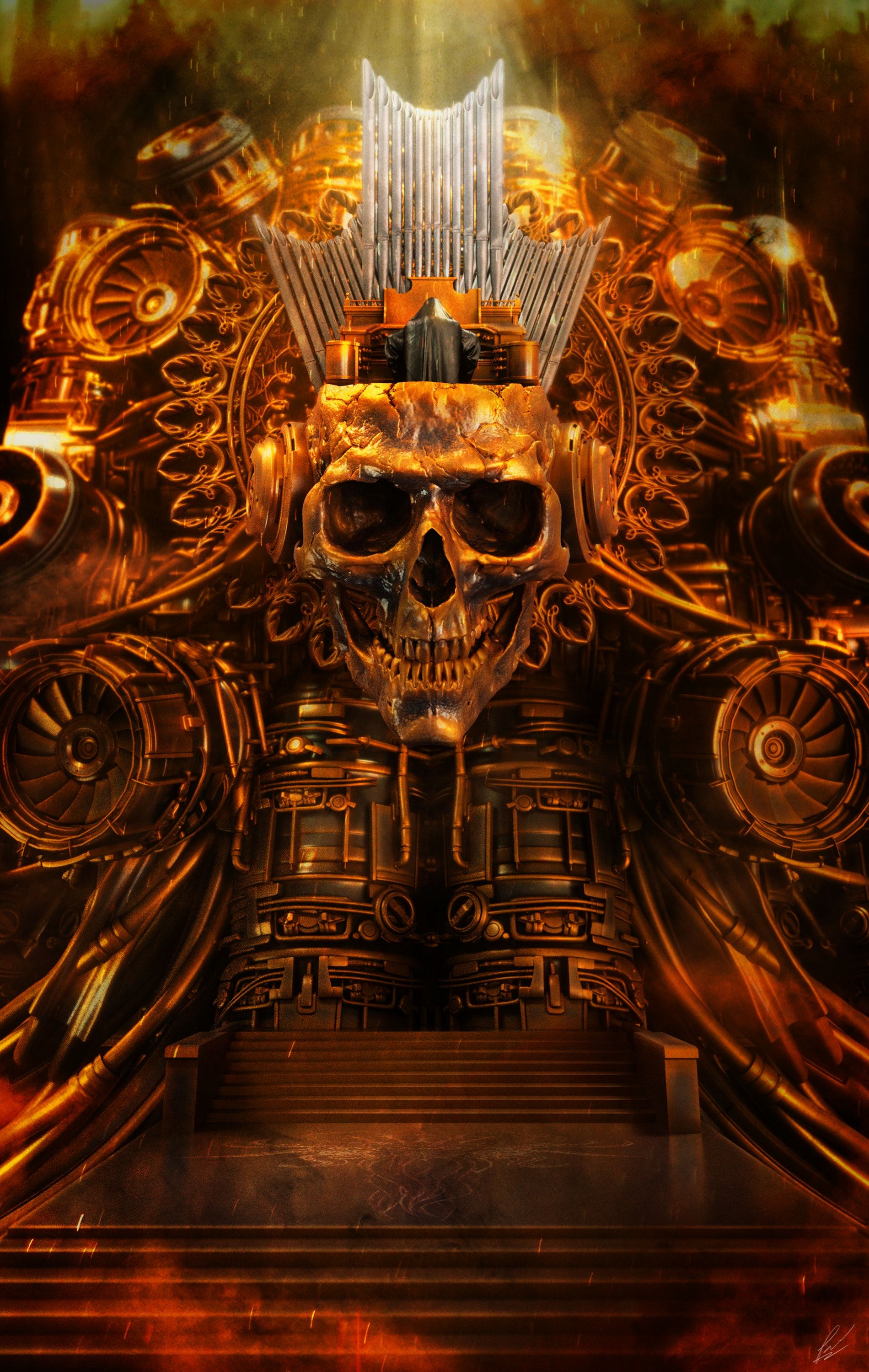
Most of your career you have been working as a freelancer in the advertising industry and doing commissions. What are the risks and obligations a freelancer has to be aware of? And once you get accustomed does it become a lifestyle?
An awful lot of being a freelancer in the industry is based upon reputation. Everybody knows each other, and word gets around very quickly if you’re difficult to work with or if you do sub-standard work. So there is a lot of pressure to perform and to remain professional at all times - even when you want to walk off a job due to a difficult client or a very poor brief. You have to protect your reputation at all costs. So, in that sense, yes it does become a lifestyle. I was very fortunate to have never been out of work in my career, I was always busy and pre-booked, so I guess I must’ve done something right.
The quality of your work is impressive, I know that you could make much more pieces per month but you focus on presenting only the highest quality work. Do you think it has helped you to gain respect and admiration in the NFT space?
Thank you very much for that. I create something new once or twice a week, mainly from practicing a technique or from a tutorial - I’m always training, non-stop. But those ‘pieces’ aren’t from the heart, just the hands and mind. They don’t speak to me in the same way as the pieces I choose to mint. Perhaps its this in-built quality control I seem to have that has lead me to have some kind of reputation in the NFT space. I hugely appreciate what people say to me, but I’ve always struggled with being satisfied with my own work so I never really know how to respond to a compliment unfortunately.
How did you develop your style with those amazing and so highly detailed sci-fi vibes?
I think its still developing. I’m always exploring new styles and techniques, I wont be tied down to one way of doing things. The art I imagine in my head dictates the style. So I try to be more than proficient in as many styles and techniques as I can so that I can do my imagination justice. As new methods and software emerge I try to learn them, or at least try them, and that makes my style far more broad and capable of showing what I want to show - rather than being held back. But I think my taste for technicality and detail came from being a kid in the very early 80’s and having to draw my own pictures to expand on universes I’d already seen in movies or on TV. I couldn’t simply just call up a picture through the internet so I had to make my own and I was always comparing myself to what was out there, even when I was very young.
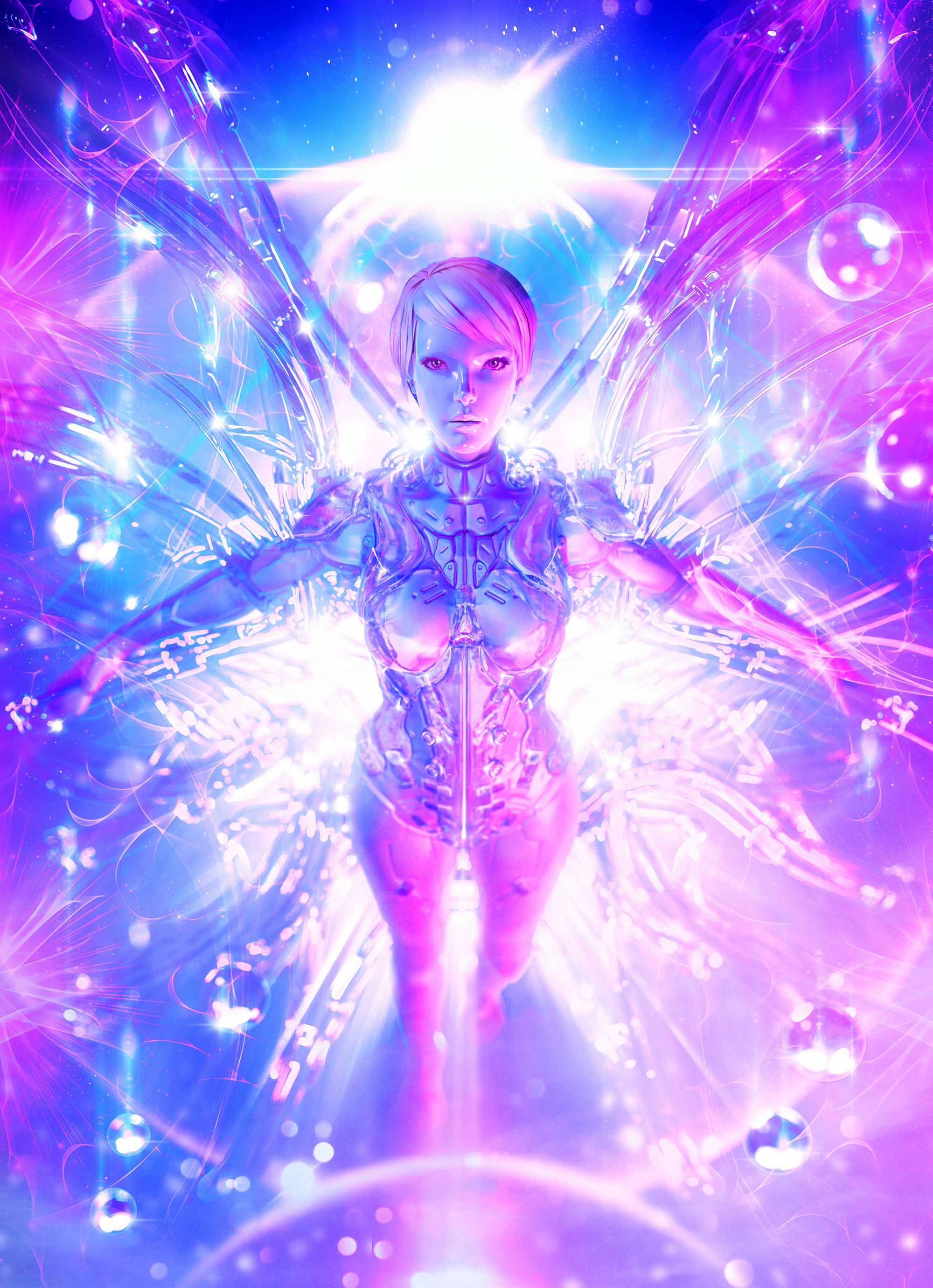
One of the most amazing quotes I have ever heard, came from you: “I don’t create art to sell, I create because that’s all I’ve ever do, I create and if it gets sold, that’s a bonus.” When you started doing art, did you consider that being unique and original was so important?
In a word, no. Haha. I honestly only make what I want, when and how. I pay no attention to what anyone else may be doing, or for what’s trendy or the flavour of the month. I like to challenge myself, always out of my comfort zone - so if that leads to something people think is original then that’s great, but its never really the intention.
Bitcoin came up in 2008, do you remember that moment? And did you early on realise which impact crypto was going to have all over the world?
I think I only became aware of Bitcoin around 9 years ago. Someone in the studio I was working in at the time had invested and we were all laughing and joking about it. We had no clue what it meant then. It was only maybe 4 years ago I started to pay attention. I’m useless with finances anyway, money is a turn-off. I leave all that to my wife. I’m pretty good at making it, but quite useless at handling it so any mention of money, finances or crypto switched me off. I’m doing much better with it now, now that I’m ‘in charge’ of how my art is minted/sold, I’ve taken a deeper interest in it, but I’m still learning I have to admit.
Please tell us about the first NFT you minted, and the importance of that moment in your career.
The very first I minted is called ‘Peace through Light’. The ‘light’ aspect is the digital paint, so I guess the title reflects my yearning to escape an industry and find peace simply through my art. It was also a digital sculpture I’d been working on for months, for a games industry folio. I didn’t really want to do that for a job, but it seemed to be a natural path to progress down. So I struck upon the idea that I should kill that side of what I was doing off. So there is a skull inside the helmet signifying its death, and I should attempt to find some peace through digital painting and art, the light.
Your transition to AI (Artificial Intelligence) seems to have been really natural in your career , and now Ai seems to be expanding like a skyrocket. Do you think that eventually the AI art space will get over saturated? What are your thoughts about it as a whole?
Like I mentioned earlier, I’m always trying new things out, trying to stay ahead. So its quite natural to attempt to use AI. Its something that I enjoy, I can create fascinating imagery - but I always feel quite detached from it. I don’t feel like I’ve done it. I see some absolutely jaw dropping imagery being made, but I cant love it. Its tinged with sadness that it didn’t come from a human mind and hand, in the more traditional sense. I have folders of hundreds of images I love to look at, but they don’t strike me with the same awe and admiration as when I know that someone has actually invented and crafted it themselves.I think it is already over saturated, I see a lot of artists abandoning their own work in favour of making and minting AI artworks which I think is quite sad. A lot of works are beginning to blend and lose identity. I prefer it when an artist might use AI as inspiration, or to generate assets for textures or shapes to be used in their own compositions. It will probably calm down at some point but its never going away now and we’ve yet to see what the long term ramifications of that will be.
With 30 years of experience you have gone through many stages, some say that artists’s life is easy. What is your take on it? Have you lived through frustration, anger and bitterness?
Oh constantly, I’m living through it all the time, honestly. But I’ve turned that in to my energy and inspiration. I find creating art to be a painful experience; the anxiety, self doubt/imposter syndrome, anger at lack of time or real life interfering, the doubts are always there, and now we are expected to be expert marketeers too! Its far from easy, I wouldn’t recommend it, but I also wouldn’t want to do anything else. This has been an enormous part of my life, I cant imagine not doing what I’m doing now. Another side that means the lifestyle is far from easy is the investment in equipment and software, the constant training, the pressure to perform as a professional, its a long list that a lot of non-artists wouldn’t even consider.
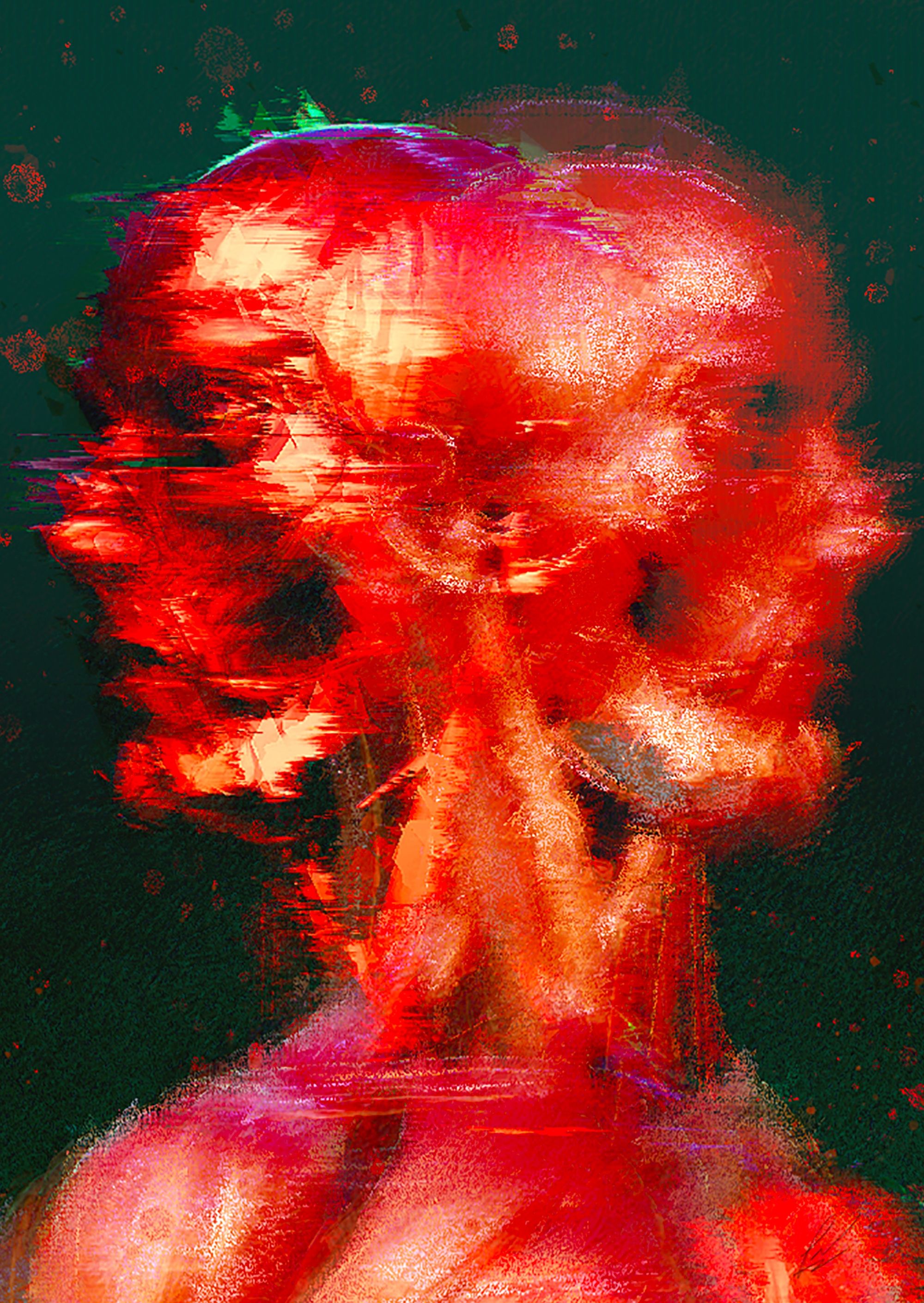
I think that artists must be in a constant process of evolution, have you reinvented yourself during your career?
Yes, many times. I think at the moment I can fulfill 14 separate roles as a professional in the graphics/3d/vfx industry. I began as a ‘finished artist’ on the pasteboard, then as a typesetter when I began on computers some years later, through to an artworker, then retoucher, then designer/illustrator through to 3D modeller, 3D artist, online and offline editor, rotoscope, VFX.. it goes on and on. I’ve had to take on so many roles over my career its a constant stream of learning and development as the career evolves. 30 years ago I never dreamed Id be doing what I am now, it can be a little daunting to imagine the next 30 but I’m keen to see where this is all leading to.
Any piece I work on goes through a very rigorous process. I question everything about it and create very many iterations. Each piece will generate gigabytes of versions before I finalise the artwork. It has to be the very best I can do at that moment in time, or I never reveal it. I am my own worst enemy in that regard. Sometimes I push myself to the point of exhaustion due to an obsession of making the best possible work I can, even if someone else says its a masterpiece. Above all else, I have to be as close to satisfied with it as I can, although I never am.
How deep has the NFT space had an impact in your personal life?
I’ve always been quite solitary, even in a studio environment. I'd be the guy in the corner with the headphones on all day, working through lunch breaks, never socialising. So being involved in the NFT space has opened up whole new worlds of being interactive with other people. For instance, I began on twitter around 12 years ago, I had at most 650 maybe 700 followers. Now I’ve well over 7000 and I try to talk with as many people as I can about the scene, techniques, issues. I’m happily involved in several chat groups that are a constant source of support and advice and I can consider those people friends way beyond the NFT space. It has also allowed me to begin to believe that there is life beyond the graphics industry, that I can support my lifestyle through my own work. That’s something I never would’ve considered possible 2 years ago, so its a new source of optimism for a far more free future.
What are your plans looking into the future?
I honestly don’t have any. I imagine I’ll do what I always have. To push on, keep trying to make art I love and believe in, to improve in a ll aspects. I think I have some embryonic plans to help people out more. I already do a lot to help artists who approach me through DMs and it can get out of hand sometimes so I may try and find a strategy involving a YouTube channel or something similar. Right now, I’m trying to uncomplicate my life to leave me more free time to be able to escape distractions and to just be able to be far more creative.
How to find Paul Massey and his artwork:
- KnownOrigin.: knownorigin.io/paul-eclipse
- Foundation: @pauleclipse
- makersplace: pauleclipse
- ArtStation: zeclipse
